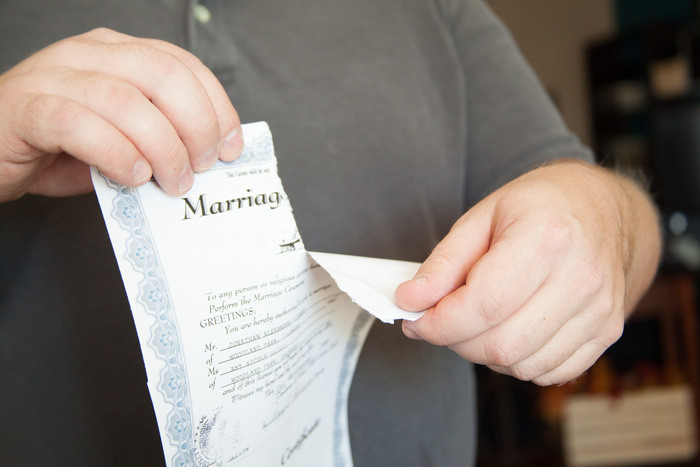
In part 2 of our complete guide to divorce we look at the various stages involved in the divorce procedure (View part 1 here).
So, first things first...
Where Should You File Your Divorce Application?
Divorce applications can be filed in any divorce county court or in the Principal Registry in London. The nearest court to you can be easily located using the following website: http://www.justice.gov.uk/about/hmcts/
Payment can be made by debit or credit card, cash, postal order or cheque, which should be made payable to ‘HM Courts & Tribunals Service’. Depending on circumstances, certain individuals are eligible for a fee remission in full or in part. To see if this applies to you, visit the court service website and refer to booklet EX160A, entitled: Court Fees – Do I have to pay them? More...

A divorce is a difficult enough situation, trying to provide sufficient financial resources to support two homes when previously there was one, without matters being made worse by both parties having to contend with the added expense of solicitor’s fee’s. Here is our step-by-step guide to a divorce, helping you to understand proceedings and providing potential clients with the information they need to conduct their own online divorce and saving them a great deal of money along the way.
What Are Grounds for Divorce?
The only ground for a divorce is the irretrievable breaking down of a marriage. In this situation, the party bringing the divorce proceedings is known as the ‘petitioner’, while their spouse is called the ‘respondent’. To show there has been an irretrievable breakdown in the relationship, the petitioner must be able to prove one of the following five facts: More...
Howells have put together a plain, expert guide to lasting power of attorney. Whether you are considering arranging lasting power of attorney for a family member, friend or solicitor, or have been asked to take on the role of attorney, this complete guide will answer all your questions. In this guide we will be covering:
- The duties of an attorney
- Who can and cannot be an attorney
- Having more than one attorney
- Different types of attorney
- How to choose an attorney
- How to find highly regarded solicitors for the elderly More...

The following is a general guide to our conveyancing process when selling your property. Hopefully our open and honest approach will help you to anticipate any pitfalls before they arise. However, if you are still unsure about any aspect of the conveyancing process when selling your residential or commercial property then our expert solicitors will be only too happy to clear it up for you.
Once you have chosen and informed the solicitors you would like to commence the conveyancing process when selling your property, you will soon receive a ‘Letter of Engagement’ or ‘Confirmation of Terms of Business. This should be signed and returned promptly so the work can begin. In some circumstances the solicitor may request funds to cover initial expenditure.
Once your solicitor has been officially instructed to start the conveyancing process they will, if necessary, obtain the title deeds from your lender. More...
